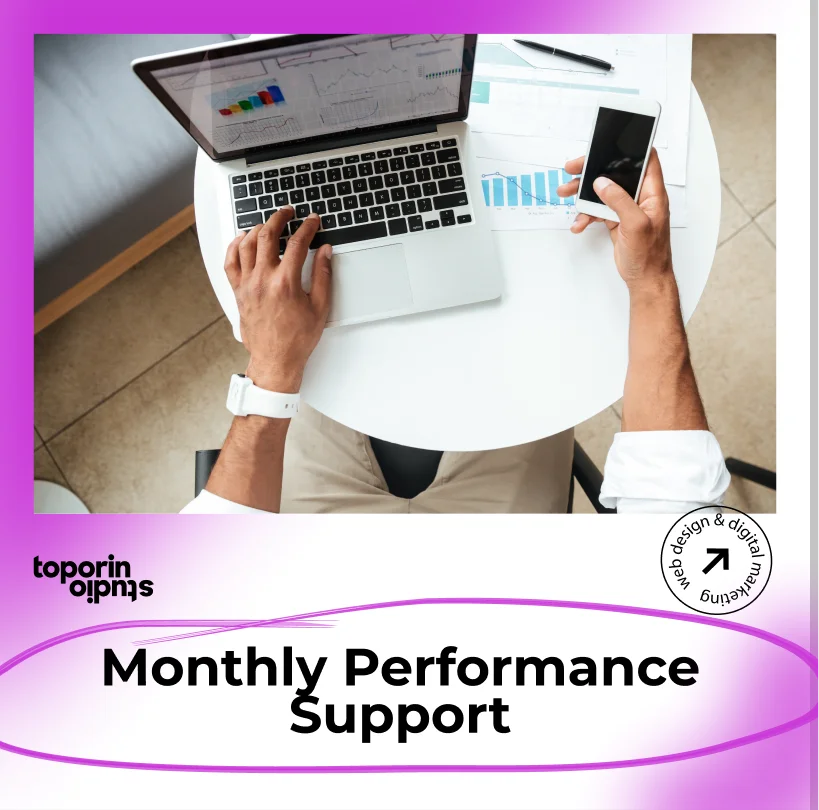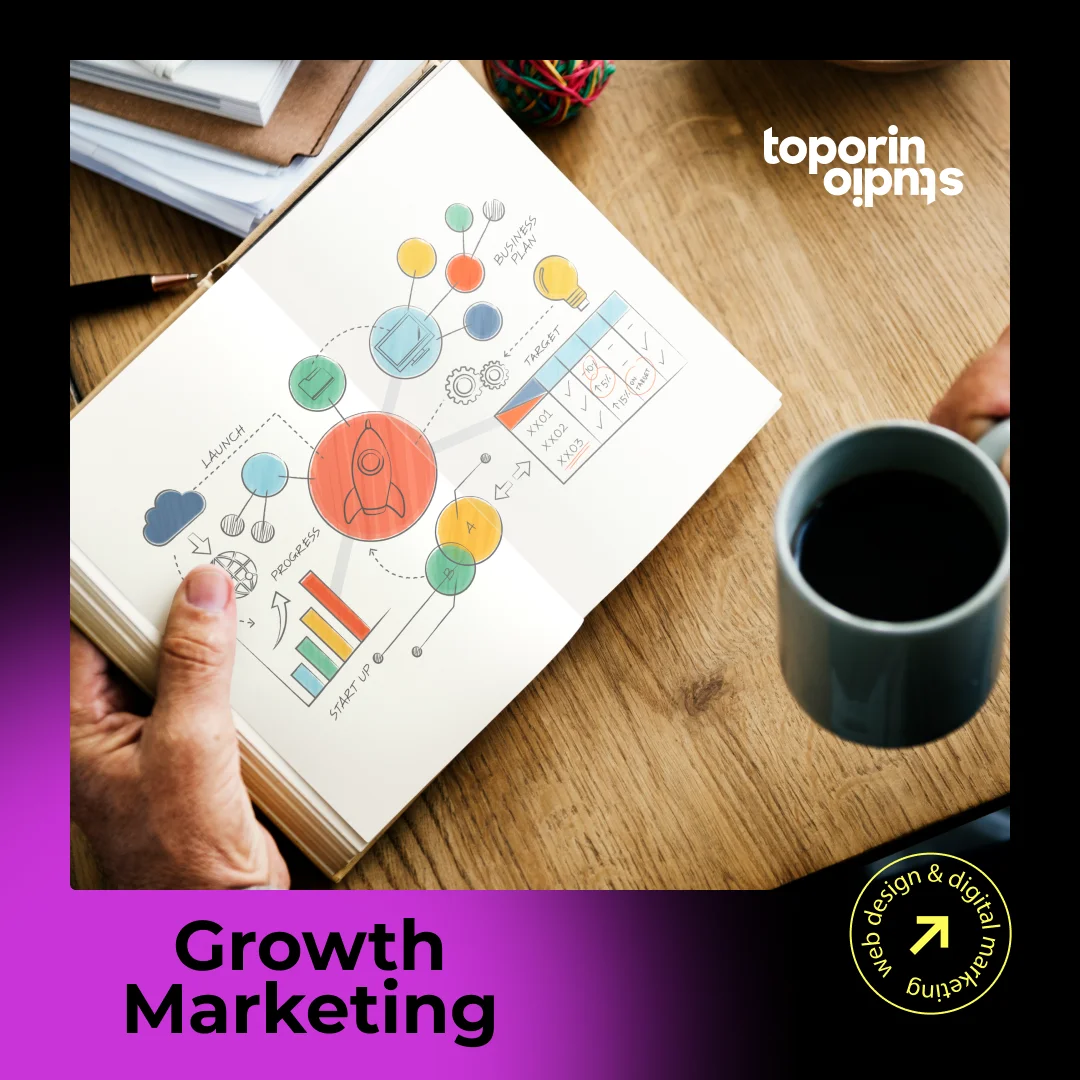How Your Homepage Influences Search Engine Rankings
In today’s rapidly evolving digital landscape, a company’s website is not just its virtual storefront but its business card, its first impression, and often its primary interface with customers. Yet, many businesses fail to realize the significant influence that their homepage design can have on search engine rankings.
In this article, we will explore how the design of your homepage can either elevate or sink your search engine rankings, and by extension, your online visibility.
1. User Experience (UX) Directly Impacts SEO
At its core, search engine optimization (SEO) is about delivering the most relevant and valuable content to users. Search engines like Google use sophisticated algorithms to determine how users interact with websites. If users bounce off your site quickly, it’s a strong signal to search engines that the content might not be relevant or the user experience unsatisfactory.
High-quality homepage design focuses on the user’s needs, making navigation intuitive and content easily accessible. A well-structured design keeps users engaged, reducing bounce rates and thereby positively influencing search engine rankings.
2. Page Loading Speed
Google has consistently emphasized the importance of page speed in its ranking factors. If your homepage is cluttered with unnecessary graphics, plugins, or any elements that bog down its loading time, it will impact your search engine ranking. With the rise of mobile browsing, having a lightweight, responsive design is more crucial than ever.
3. Mobile Optimization
Speaking of mobile browsing, with over half of global internet traffic coming from mobile devices, it’s imperative that your homepage design is mobile-friendly. Search engines recognize this trend and give preference to sites optimized for mobile viewing.
Responsive design, where your website adjusts according to the device’s screen size, is now more of a necessity than a luxury.
4. Clear & Structured Content
Content remains king in the realm of SEO. Your homepage should effectively communicate who you are, what you do, and how you can solve the user’s problem. Clear headings, concise content blocks, and strategic use of keywords can guide the user and search engines through your site’s main offerings.
5. Internal Linking and Navigation
A well-designed homepage also incorporates a logical flow of information and clear calls-to-action (CTAs). Proper internal linking can guide users deeper into your website, increasing page views and time spent. This not only enhances user experience but signals to search engines that your site offers valuable content.
6. Multimedia Elements & SEO
Rich multimedia elements, like videos and infographics, can engage users more effectively than text alone. However, they must be optimized for SEO. Descriptive file names, alt tags for images, and video transcriptions can help search engines understand and index your multimedia content better.
7. Social Proof and SEO
Incorporating testimonials, reviews, and social media feeds into your homepage design can establish credibility. This social proof not only instills trust in prospective customers but can also improve search engine rankings when integrated with schema markup and rich snippets.
8. Security
Search engines prioritize sites that protect users’ data. Ensuring your homepage (and your entire site) is secured with HTTPS can boost your SEO while providing users with the peace of mind that their information is safe.
The Critical Role of Your Homepage in Online Success
The design of your homepage does more than just appeal to the aesthetic sensibilities of your visitors. It serves as a pivotal factor in determining your search engine rankings.
By focusing on user experience, optimizing for mobile, speeding up load times, and ensuring a structured and secure interface, businesses can make the most of their online presence. Remember, in the vast ocean of the internet, first impressions matter immensely, and your homepage is at the forefront of that experience.











